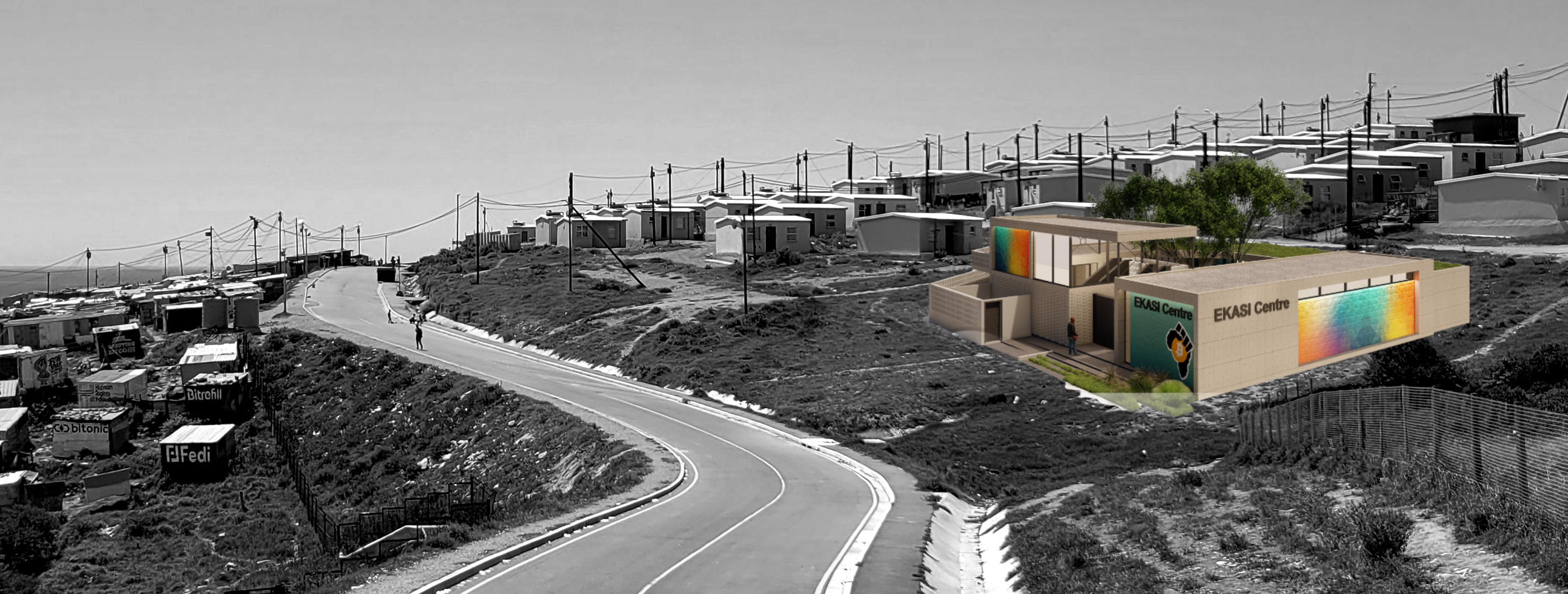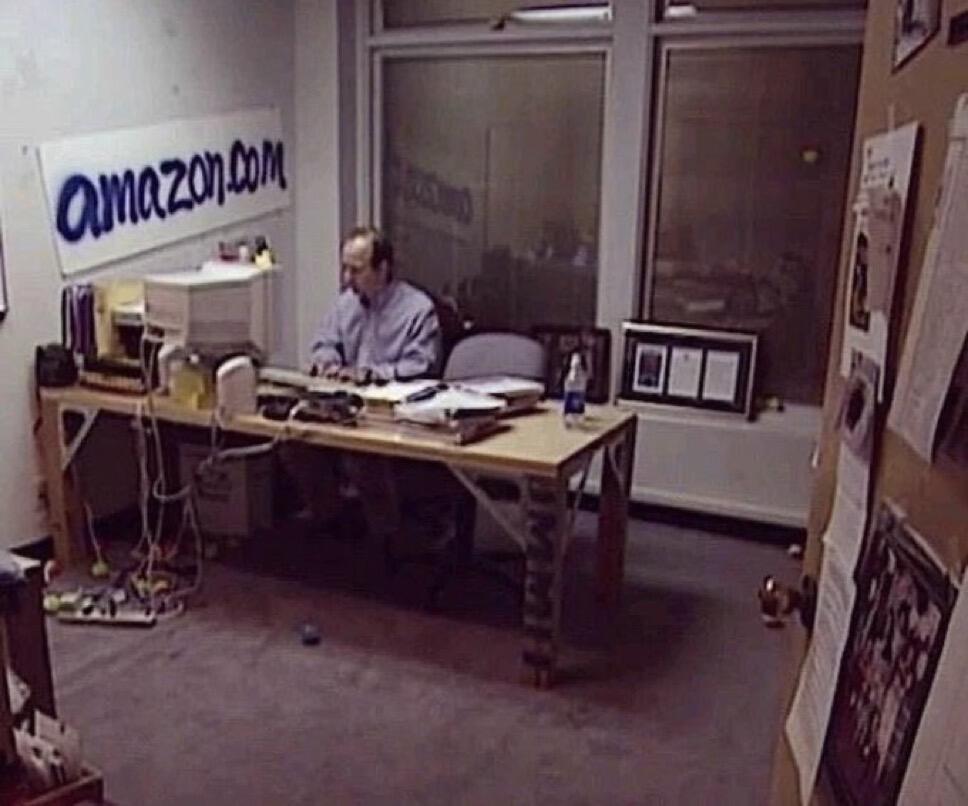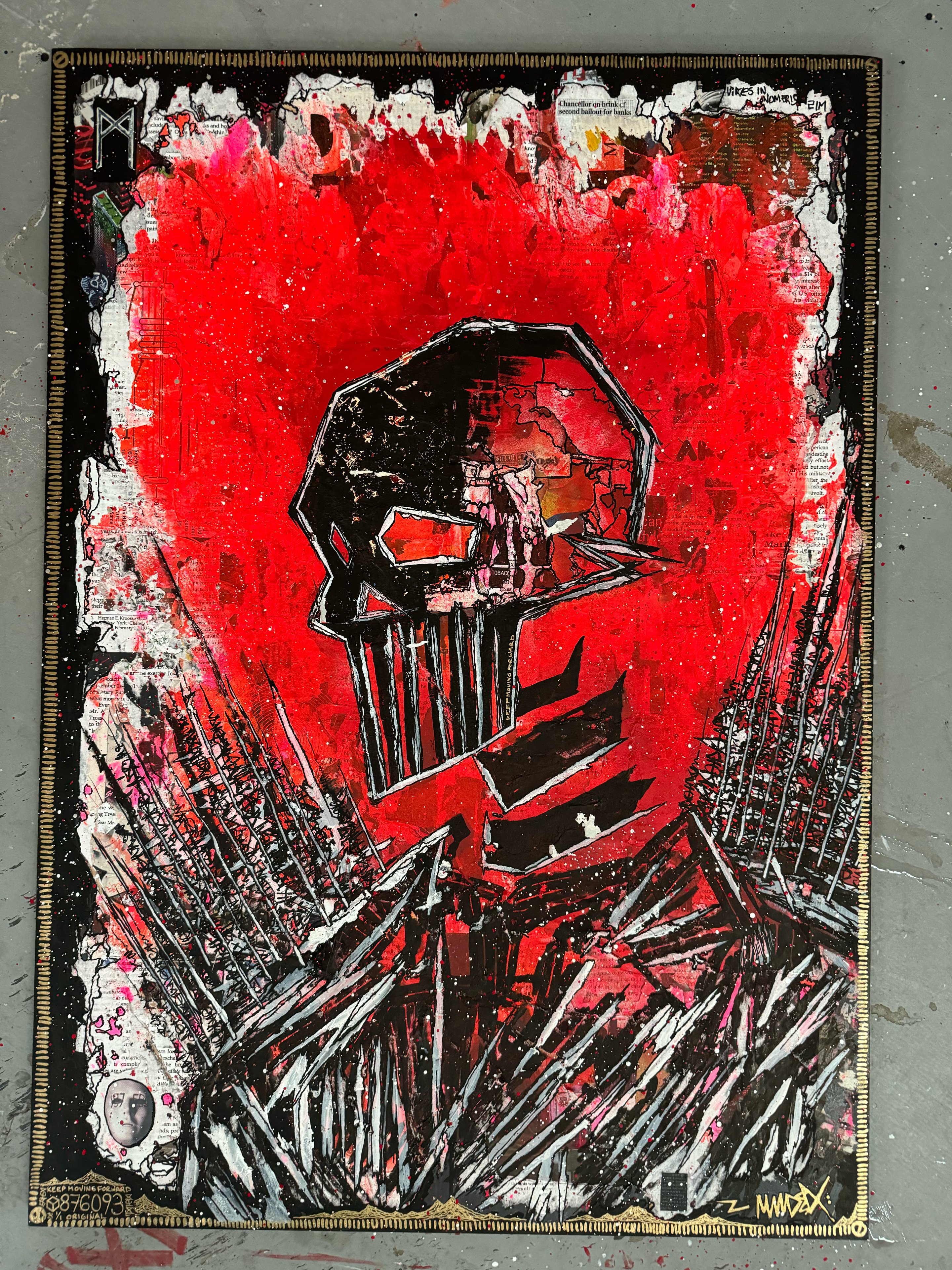In this edition, we are pleased to speak with Luthando LuthandoSABTC🇿🇦 leader of the Bitcoin Ekasi community, about how they are using Bitcoin to transform payment systems, savings habits, and cross-border remittances in a South African township, while fostering digital currency education and boosting local economic trust.
YakiHonne: Luthando. We really appreciate you coming in. YakiHonne is a decentralized media client built on the Nostr protocol that enables freedom of speech through technology. It empowers creators to create their own voice, assets, and features. It also allows features like smart widgets, verified notes, and focuses on long-form articles. today. we'll be exploring more about your community.Can you tell us a bit about yourself? What do you do, and what’s your role in your community?
Luthando:I’m Luthando, a project community leader at Bitcoin Ekasi. My role includes onboarding township shops to help them adopt Bitcoin as a payment method. I also manage staff records, tracking workdays and paid leave for team members involved in the project. Additionally, I conduct interviews and collaborate with a supervisor to share insights and experiences about Bitcoin. This work is part of my efforts with Bitcoin Ekasi.
YakiHonne: You're really doing a lot of work in the Bitcoin ecosystem,what sparked your interest in Bitcoin? And what motivated you to create a community around it?
Luthando:When I was working as a safety coach at Safeacase, Herman introduced me to Bitcoin. During the COVID-19 pandemic, Safeacase, which relied on donations, faced severe financial challenges. This led to the launch of the Bitcoin Ekasi Project, where I helped township shops adopt Bitcoin as a payment method. With limited funds, I transitioned from receiving a fiat salary to earning in Bitcoin. Bitcoin transformed my mindset, making me realize it is the future of money. This realization inspired me to travel the world and explore new countries.
YakiHonne: Great. I really admire the enthusiasm you have for Bitcoin.Can you share a brief history of how you built your community and attracted members? What methods or advertisements did you use to onboard them?
Luthando:We host monthly Bitcoin movie nights to engage the community, running from February to December starting next year. We promote the events with posters in town, shops, and clinics, inviting residents to join. During the movie nights, participants use Bitcoin we provide to purchase popcorn and drinks, gaining hands-on experience with the technology.
Luthando:And our Bitcoin center features a thrift shop and a small Bitcoin ATM. Community members can exchange fiat for Bitcoin using the ATM and use it to purchase clothing from the shop. We also offer Bitcoin courses with 14 students attending classes five days a week. To encourage attendance, students are rewarded with Bitcoin for consistent participation. Similarly, in the “Safer Kids” program, children who maintain a 70% attendance rate or higher also receive Bitcoin rewards.
Luthando:To further promote Bitcoin adoption in the community, we painted Bitcoin-themed logos on 34 shops and paid the owners in Bitcoin, which they can use in local shops. This initiative not only spreads awareness but also provides the community with practical opportunities to use Bitcoin.

YakiHonne: Yeah, we are pushing Bitcoin adoption so hard this time. It's really great.What principles guide your community, and how do you ensure trust and reliability in your discussions?
Luthando:I was born in eastern South Africa, and my parents moved here around 1996. The community knows me well and trusts that I wouldn’t introduce anything fraudulent. Since 2010, we’ve been working in this township, especially helping children, building over a decade of trust. I explain to the community that we aim to bring value through Bitcoin, encouraging them to save in Bitcoin instead of fiat. As a result, the community has great trust in our Bitcoin Ekasi team.
YakiHonne: How do you educate your members and keep them updated on Bitcoin developments? You mentioned having five weekly meetups to onboard members, but what other methods do you use to educate them and keep them informed about the Bitcoin ecosystem?
Luthando:We use the Felly app to communicate with community members and keep them updated. At the Ekasi Center, we host quizzes to encourage participation. For example, the first attendees can earn 5,000 sats, motivating them to regularly engage with the Felly app.
Although we initially tried a few other methods that didn't really involve them getting Sats, its impact was limited as many people in the township seek quick financial returns and often don’t return after their first visit. To address this, we host movie nights as a more engaging way to promote Bitcoin education. During these events, we screen Bitcoin-related films, allowing community members to learn about Bitcoin in a fun and relaxed setting.

YakiHonne: It's truly captivating and highly insightful.How does your community collaborate with the global Bitcoin ecosystem? Specifically, how does it engage with the broader worldwide Bitcoin community, and which partnership has been of more significant impact on Bitcoin Ekasi?
Luthando:We have established a strong partnership with Bitcoin Beach, which provided crucial support in the creation of the Bitcoin Ekasi project. Currently, we are planning to build a community center in the township, earning the trust and support of both Bitcoin Beach and the local government of Mossel Bay.
The community center will serve as a multifunctional space for events like weddings and more. As one of the earliest Bitcoin adoption projects in Africa, Bitcoin Ekasi has inspired other countries to follow suit, viewing us as a model for building sustainable Bitcoin communities.
YakiHonne: How do you collaborate with Bitcoin communities and organizations outside South Africa? What partnerships or interactions do you have with other global Bitcoin communities?
Luthando: We collaborate with other Bitcoin projects through community initiatives. For example, we paint logos on local community shops and pay the owners 7000Sats per week. This approach has helped us build connections with projects outside South Africa.
One notable example is our assistance to the Bitcoin Dua project in Africa, helping them establish a Bitcoin circular economy. We also supported the Bitcoin Loxin project in Cape Town, South Africa, in launching their Bitcoin circular economy. Through these collaborations, we have developed strong relationships with other Bitcoin communities.

YakiHonne: We’d like to understand the challenges you faced when starting the community, as well as the challenges the community has encountered?
Luthando: One of the main challenges is convincing members that Bitcoin is not a scam. Many people are skeptical about Bitcoin, fearing they might lose their money. Additionally, saving is not a common habit within the community, even with fiat currency. I often explain the importance of saving in Bitcoin, emphasizing how it can safeguard their financial security. However, changing deeply ingrained mindsets has proven to be quite difficult.
Another challenge is the limited level of education in the community. Even those who own smartphones often struggle to use them effectively. This lack of familiarity extends to using Bitcoin wallets, with many people finding it challenging to navigate wallet usage, especially in shops.
Lastly, I feel like I’m working around the clock. Even outside of work hours, people come to my house seeking assistance, such as exchanging Bitcoin for fiat. While I’m happy to help, the constant demands can feel overwhelming at times, making it seem as though I’m working every day, including weekends.
YakiHonne: and how you managed to overcome them?
Luthando: Overcoming these challenges is not easy. I can't say that I've fully managed to resolve them, but I do my best to address them. Fortunately, I have a colleague who assists me, although he’s currently out of town. He helps manage some of the workload, especially in dealing with local community members and providing them with the support they need.
YakiHonne: I'm really interested in the issue of people thinking Bitcoin is a scam. Could you elaborate on that? What specific steps have you taken to demonstrate that Bitcoin is reliable and not a scam?
Luthando: Many shop owners initially believe Bitcoin is a scam and refuse to accept it. To address their doubts, I demonstrate Bitcoin's legitimacy through practical examples.
First, I help them download a Bitcoin wallet and post about it on X, receiving small tips from Bitcoin enthusiasts worldwide. I then use these tips to showcase Bitcoin's real-world applications. For instance, I use Bitrefill to purchase mobile airtime or fuel vouchers for them, highlighting Bitcoin's utility in daily life. I also mention South African restaurants like Steers that accept Bitcoin and even place food orders using Bitcoin to show its usability. Additionally, I demonstrate withdrawing cash from a crypto ATM using Bitcoin, further proving that it is a reliable financial tool and not a scam.
YakiHonne: You've done a lot of work in South Africa. I can imagine the effort, the pain and the stress.What initiatives has the community taken to promote Bitcoin adoption, and what results have these efforts achieved?
Luthando: At first, I never imagined we would reach this point. Now, many people frequently come to my home to ask how to buy Bitcoin. For example, this week, a man from Nigeria wanted to purchase Bitcoin worth 5,000 units. I explained the process to him and recommended using a hardware wallet for securely storing large amounts of Bitcoin. He used to struggle with sending money back home, but now he has realized the convenience of Bitcoin.
In October last year, I helped two stores owned by Nigerians adopt Bitcoin payments. Since then, this practice has spread within the community, and more people, especially shop owners, have developed an interest in Bitcoin. They ask about its low transaction fees and have recognized it as an efficient solution for cross-border remittances.
Initially, some shop owners were skeptical about Bitcoin, but they eventually started saving with it. Today, many of them have accumulated significant Bitcoin savings for their families and children, and they often express their gratitude for introducing Bitcoin to the community.
Overall, the Bitcoin adoption project has had a profound impact here. We have educated the community about Bitcoin’s long-term savings value, and many people are now satisfied with this initiative and optimistic about the future.

YakiHonne: It’s clear you’ve achieved tangible results from your efforts. Looking ahead, what are your community's goals for the next 6 to 12 months? How do you plan to achieve them?
Luthando: For Bitcoin Ekasi, one of our main goals is to establish a dedicated Bitcoin Ekasi Center. This center would serve as a hub to educate people about Bitcoin on a frequent basis.
We have already started working with a local school in the township, recruiting students and introducing teachers to Bitcoin. Our vision is to integrate Bitcoin education into the school’s curriculum, similar to what has been done in El Salvador. By incorporating Bitcoin as part of their regular subjects, students can gain foundational knowledge about Bitcoin and its potential uses.
Ultimately, we aim for teachers to become advocates who can confidently teach children about Bitcoin, empowering the next generation with essential financial literacy skills.
YakiHonne: Thank you so much! I think most of my questions have been answered. I’m really glad to see Bitcoin enthusiasts with a clear focus on Bitcoin. As you said, Bitcoin is the future, and I truly appreciate your enthusiasm for it.
Luthando: Bitcoin is truly the future. We want to see this township transformed into something more modern, rather than its current state.
I hope to see more parents saving some Bitcoin for their children. In our community, most kids receive a monthly government allowance of $50 starting from the age of one. I often suggest to parents that they set aside half of that allowance to buy Bitcoin for their child. If they save consistently from age one to 18, the value could grow significantly as Bitcoin appreciates. I’m already doing this for my own child so that he will have savings as he grows up.
YakiHonne: Bitcoin is the future. Its value continues to grow steadily over time. Thank you so much for today’s conversation; we are truly honored. Your sharing of such rich experiences has been incredibly insightful for us. I’ve learned that using movie events to engage more people is an excellent idea, and we plan to start trying it out soon. Once again, thank you for your time and for sharing with us!


